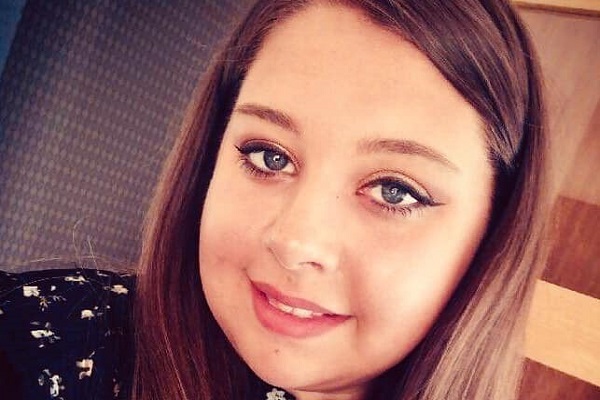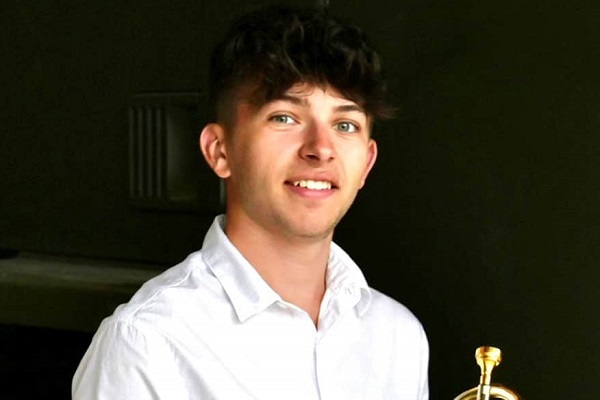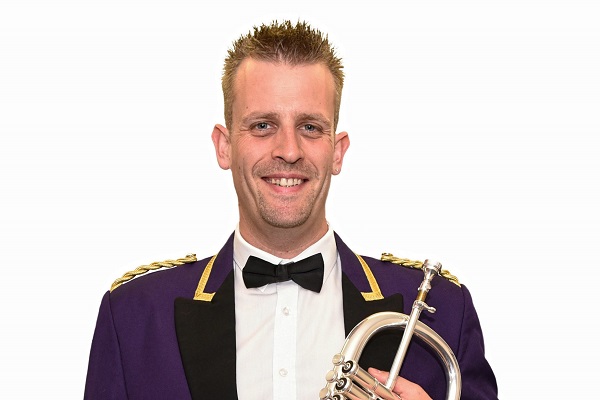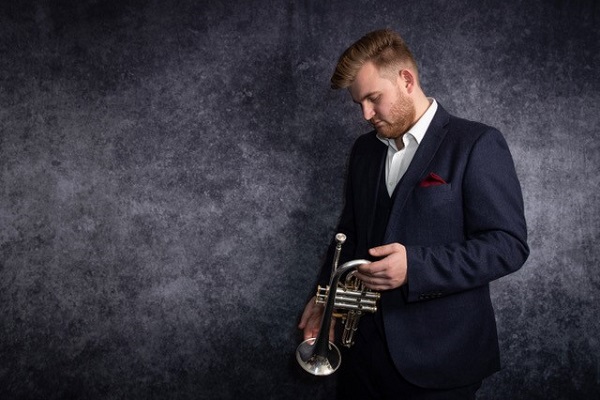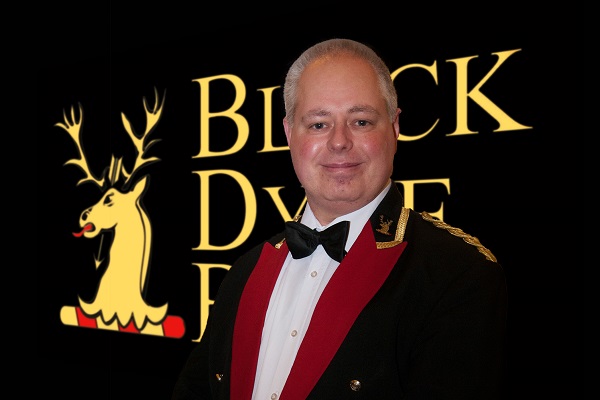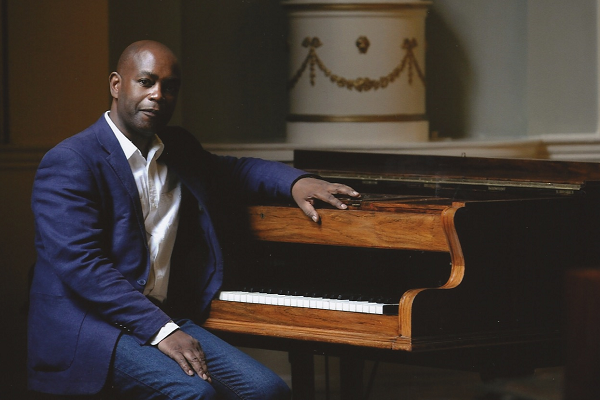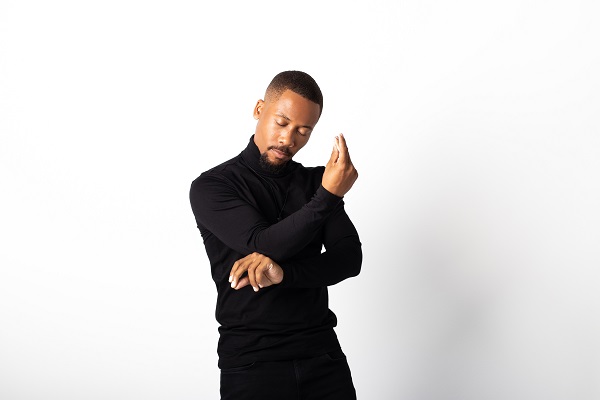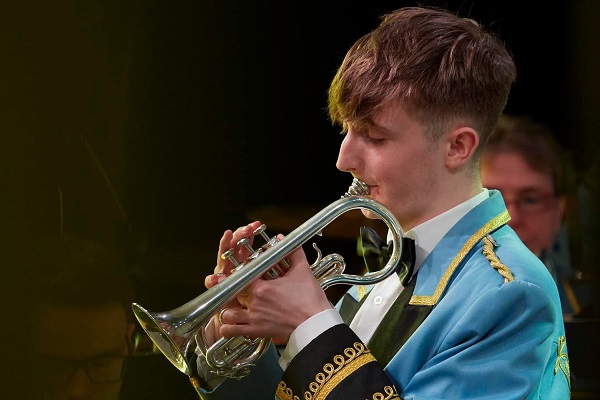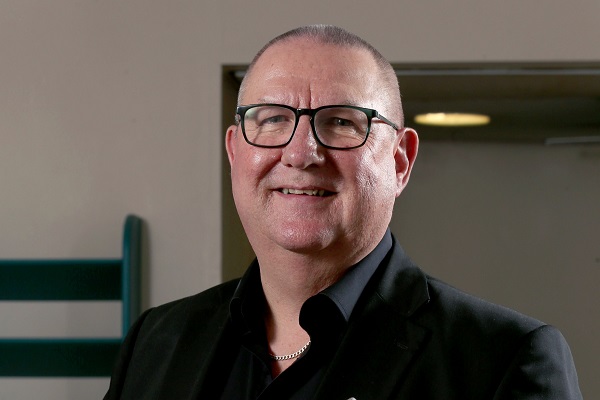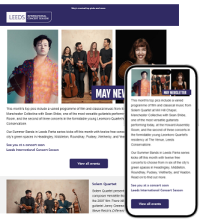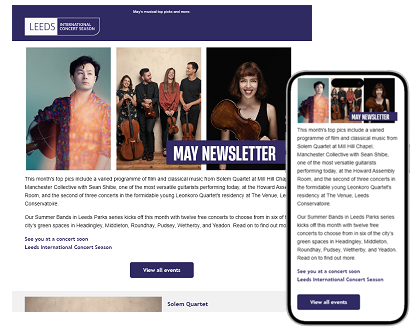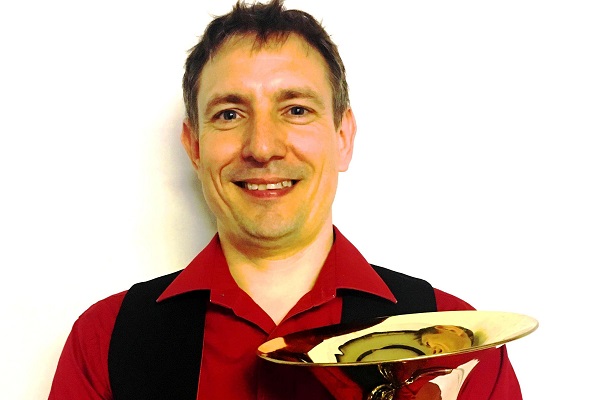
An interview with GUS Band's Andrew Rigby
- Posted on 15 March 2024
We caught up with Andrew Rigby, solo baritone with GUS Band, ahead of his performance at Morley Town Hall on Saturday 18 May 2024. GUS Band’s concert is part of the Leeds Best of Brass 2023/24 series.
How long have you played with GUS Band and what position do you currently hold?
I joined GUS Band in 2018, so just over five years; I feel proud to occupy the solo baritone chair. This is actually my second stint with the band, previously playing with the band in 2006-7. During that time I played both solo baritone and solo euphonium but had to leave due to work and family commitments.
What’s the best thing about playing in a brass band?
For me playing in a brass band gives me the chance to switch off from the day-to-day pressures of work and totally absorb myself in playing music with other fantastic musicians. The level of concentration required playing for GUS means that you can’t help but become completely absorbed in the music.
What’s your highlight so far with GUS Band?
There are so many to mention. In the last five years I’ve played in some fantastic performances – our 2020 area contest winning performance of Philip Sparke’s A Tale as Yet Untold stands out as really special. I’ve also had the good fortune of playing some great solos with the band, John Golland’s Rhapsody No 2 for Baritone being a particular favourite. At every rehearsal, I look around at the quality of the musicians and conductors, and the memorabilia on display around the band room from contest wins over the last nine decades, and feel privileged to be a member of a band with such heritage and pedigree.
How did you get involved with playing a brass instrument?
I grew up in a Yorkshire village that had its own brass band. My parents ran the local working men’s club for a few years and every now and then the band would rehearse there. I remember thinking how amazing it sounded. Both my brother and I wanted to join immediately.
What was your earliest musical experience?
As a young child my brothers and I were regularly involved in the local village pantomime, however the experience that had the most profound impact on me was going to the Yorkshire area contest as a young teenager in 1987 to listen to the Championship Section play George Lloyd’s Diversions on a Bass Theme. The venue, St George’s Hall in Bradford, was so full that people had to sit in the aisles to listen and each performance sent shivers down my spine. Even now just thinking back to it gives me goose bumps.
Who has been your biggest influence?
When it comes to playing in brass bands I don’t think there has been just one person; I’ve been lucky to work with many great musicians and conductors over the years. If I had to single out a few then I would say that in my teenage years Alan Morrison was really influential. At the time he was principal cornet at Grimethorpe and the conductor of my first contest winning band, Allerton Bywater Colliery Band. He showed me what being a championship level player and conductor was all about. I was in the band that recorded his Satchmo – Oh Yeah solo CD and for two whole days he recorded solo after solo after solo, and all were faultless.
Later on Dave Roberts at Rothwell was also a conductor that I admired and really looked up to. Not only was he a talented conductor who knew exactly what he wanted from his players, he was a genuine, all-round nice guy who was “one of the gang”. Dave, and his family, nurtured a real sense of being a part of a “band family” whilst at the same time managing to create performances of the highest level, something most bands only aspire to. I have fantastic memories of playing at Rothwell, especially winning the Swiss Open and Pontins Championships literally in the space of four weeks, in 2000.
Do you enjoy practising or find it a chore?
As a kid I never practised and hated it, but these days I love practising. I find it really relaxing and a way of switching off from the outside world. I have a really busy life so tend to practice in my car before work and during my lunch break, earning the nickname “Tooter”. I often laugh watching people walk past the car bemused!
Were your parents musical?
When my brother and I joined our first brass band they were both recruited too, my dad on trombone and mum on cornet. They didn’t play for long though.
What piece of music do you most enjoy playing?
I enjoy all of the music we play but especially a good competition piece, something difficult that makes you work hard and improve as a player.
What’s the best and worst things about performing?
For me the best thing is experiencing that absolute focus and concentration. I think athletes refer to it as “being in the zone” – at that moment literally nothing else matters. If there is a “worst thing” it would be the amount of waiting around we have to do before performances, particularly when performing at a competition.
What can audiences expect from a performance by GUS Band?
The audience can expect a really entertaining, high octane performance from a GUS Band that is playing at its best with a sublime team of soloists. I hope everyone enjoys the show!

